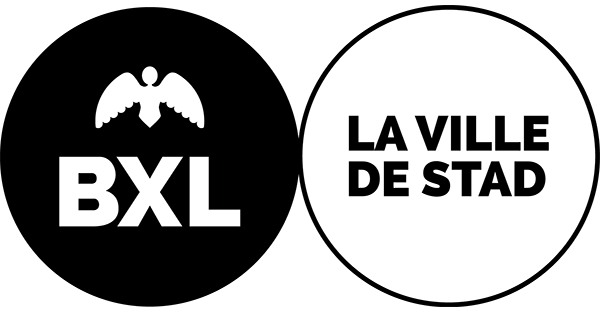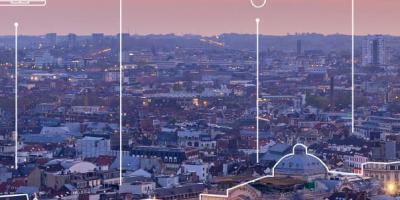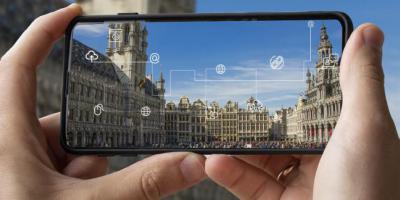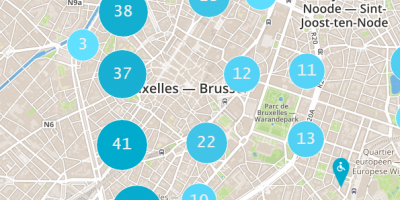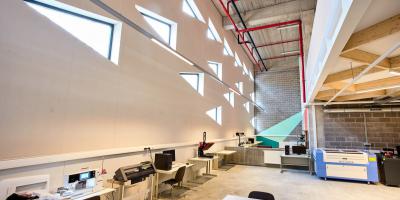Smart city
A city can call itself a 'smart city' as it evolves to meet the needs of citizens, businesses, institutions and manages its resources in a better way, based on a better use of information and communications technology.
In 2014, the specialist group of the ITU (International Telecommunication Union) on smart and sustainable cities gave a definition of the smart city by leaning on an analysis of a hundred definitions. Its definition is as follows:
A smart and sustainable city is an innovative city that uses information and communications technologies and other means to improve living standards, efficiency of urban management and urban services and competitiveness whilst meeting the needs of current and future generations in the sectors of the economy, society and the environment.
A smart city therefore feeds on information so as to be able to better manage itself (Do better with less) and provide a higher quality of life whilst using as few resources as possible.
A smart city project is aimed at several different publics:
- the inhabitants or citizens
- users of the city
- the municipal administration, a stakeholder in the project
- companies (either because they are users of the city or as partners) including ICT companies
"Smart city" projects generally involve areas such as mobility, energy, governance and e-administration, information, quality of life, safety and connectivity.
In the case of the city of Brussels, it can play a pilot role within a metropolis region.
The Smart City strategy of the City of Brussels is structured around 7 policy areas and 5 fundamental pillars. It transmits the vision of the Smart City (horizon 2030) through a roadmap of more than 50 projects:
Smart City Plan of the City of Brussels and roadmap of projects (PDF)
The Smart City strategy was officially launched in March 2023, but innovative projects imbued with this vision have already been implemented in recent years.
Find more information about the projects and calls for Smart City projects on the Smart City website.
